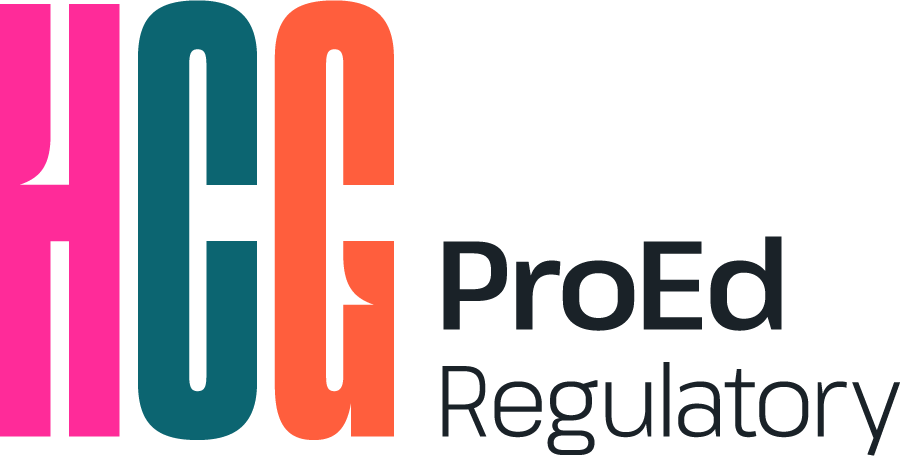The Rise of ChatGPT in the Pharma Industry
Artificial Intelligence (AI) is rapidly transforming how we work, and the pharmaceutical industry is no exception. In particular, the emergence of Generative Pre-trained Transformer (GPT) models has the potential to revolutionize several aspects of the biotech business, including drug discovery and clinical trials. According to a recent survey, 39% of healthcare professionals see AI (including ChatGPT), as the most disruptive emerging technology in 2023. Let’s explore a few ways this incredible new tech might create efficiencies for industry.
AI/ChatGPT Models in Drug Discovery
- Analyze vast amounts of data (research papers, clinical trials, etc.)
- Identify previously unknown patterns and insights that could inform drug discovery
- Reveal new drug targets
- Predict (eventually) the efficacy and safety of potential drugs prior to clinical trials, lowering safety risks for future trial subjects
Drug Discovery Use Case: DSP-1181 is the first example of a drug originally identified by AI to enter clinical trials. In rapid time, Sumitomo Dainippon Pharma developed and secured approval for obsessive-compulsive disorder (OCD) in Japan in 2020. The process of designing, synthesizing, and testing the molecule took just 12 months—compared to an average of 4.5 years for traditional drug discovery methods.
AI/GPT Models in Clinical Trials
- Accelerate patient recruitment/enrollment
- Generate predictive “synthetic data” that can be used in place of trial subjects, lowering patient risks as well as decreasing recruitment requirements
- Manage large amounts of trial data more efficiently, freeing up trialists to focus on non-administrative tasks
- Increase patient trial engagement via GPT-powered chatbots that provide frequent personalized communication both in terms of giving patient advice and in receiving input on trial design from the patient…ultimately improving trial quality
- Automate reporting of trial information, such ADR case reports, required for ongoing pharmacovigilance
Clinical Trials Use Case: The phase 3 ATTR-ACT study was a collaboration between Pfizer and Saama Technologies in which Saama provided their AI-powered clinical analytics platform to accelerate patient recruitment. This partnership resulted in significantly reduced recruitment time and cost. The trial enrolled more than 1,000 patients with transthyretin amyloid cardiomyopathy in just 6 months—compared to an average of 1 to 2 years for traditional patient recruitment efforts in this disease.
AI/ChatGPT clearly have the potential to create expansive evidence-based efficiencies for pharmaceutical and biotechnology companies. Despite the potential benefits described above, it’s important to note that AI/ChatGPT are only as effective as the data they are trained on, which, in reality, can be biased and have limitations. This is why it will always be important for treating clinicians to be involved in the training and implementation of AI/ChatGPT and to provide their interpretation of the data produced by such technologies.
Currently, AI/ChatGPT do not always provide accurate summaries of data, which can lead to misinterpretations and what are sometimes referred to as confident response errors (see AI hallucinations). However, as the technology develops, it’s likely these issues will be resolved, making this unexpected and disruptive technology an essential tool for the pharma industry to use in a variety of areas…many of which haven’t even been dreamed of yet.

Aaron Csicseri, PharmD
Senior Scientific Director
Dr. Csicseri joined the ProEd team in November 2017 as a scientific director, responsible for scientific leadership, content development, strategic input, and effective moderation of team meetings. Aaron has extensive experience guiding Sponsor teams through the AdCom preparation process. He received his PharmD at the University of Buffalo, where he studied the clinical curriculum. Aaron has 10+ years of experience as a medical director/clinical strategist in the accredited medical education field (CME), as well as in the non-accredited PromoEd sphere. Over the past 5 years, he has been supporting Sponsors in their preparations for FDA and EMA regulatory meetings in a wide variety of therapeutic areas. Aaron is based in Grand Island, NY, just outside Buffalo.
Connect with Aaron on LinkedIn.
